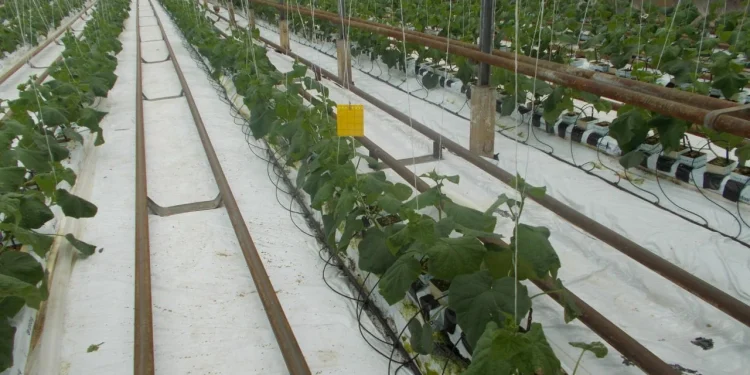The Federal Tax Service (FNS) has recently provided crucial clarifications regarding the tax obligations for greenhouse structures on private plots, addressing widespread confusion among gardeners and small-scale agricultural entrepreneurs.
Regularly, various gardening communities and online forums circulate information about taxes on garden structures, including greenhouses. These discussions often claim that such structures on private plots are subject to taxation, citing recommendations from the Ministry of Finance. This has led to considerable confusion among greenhouse owners, who are unsure of their financial responsibilities and the potential for penalties if they fail to comply.
The FNS has emphasized the importance of understanding which structures are taxable and the conditions under which taxes are applicable. According to the latest guidelines, not all greenhouse structures on private plots are automatically subject to property tax. The taxability depends on specific criteria, including the permanence of the structure and its classification under property regulations.
The key points clarified by the FNS include:
- Permanent vs. Temporary Structures: Permanent greenhouse structures, which are fixed to the ground and considered immovable property, are generally subject to property tax. In contrast, temporary or mobile greenhouses, which can be dismantled or moved, may not fall under the same tax obligations.
- Classification and Documentation: Proper classification and documentation of greenhouse structures are essential. Greenhouse owners should ensure their structures are correctly classified according to local property regulations to avoid any misunderstandings or potential penalties.
- Tax Exemptions and Deductions: There are specific exemptions and deductions available for certain types of greenhouse structures, particularly those used for non-commercial purposes. Greenhouse owners should consult with tax professionals or local tax offices to understand any applicable exemptions that could reduce their tax liability.
This clarification aims to help greenhouse owners navigate their tax responsibilities more effectively and avoid unnecessary penalties. For entrepreneurs and investors in the agricultural sector, understanding these regulations is crucial for making informed decisions about greenhouse investments and operations.
As sustainability and eco-friendly farming practices become increasingly important, ensuring compliance with tax regulations can help greenhouse owners focus on optimizing their operations and contributing to a more sustainable agricultural industry.










